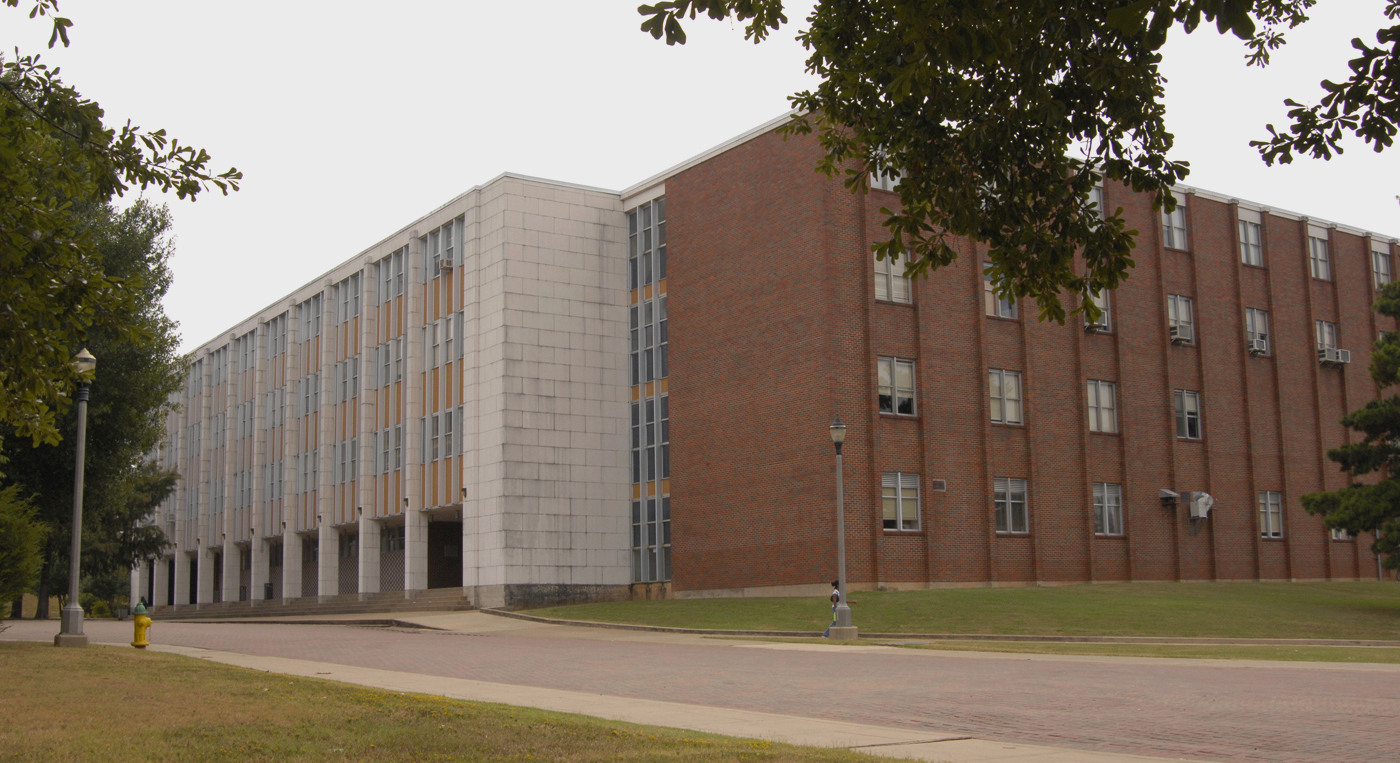NATCHITOCHES – The Department of English, Languages, and Cultural Studies at Northwestern State University is adding a new minor and concentration effective with the Fall 2023 semester.
The Master of Arts in English program has added a concentration in creative writing. The Bachelor of Arts in English has added a Spanish in healthcare minor.
The department added an undergraduate creative writing concentration in 2019. An undergraduate creative writing minor was added in 2021.
“We have seen interest and enrollment in our undergraduate creative writing classes grow dramatically,” said Dr. Rebecca Macijeski, coordinator of creative writing programs. “As we seek to strengthen the program as a whole, a natural next step after the success of the undergraduate creative writing program is to move toward offering similar specialized options for our M.A. students.”
Graduate students completing the concentration will have the opportunity to write a creative thesis and enroll in a new course written specifically for this program of study. English 6020: Writing as a Profession will guide students toward identifying and maintaining effective writing practices suited to their individual needs, as well as provide critical skills necessary to navigate literary publishing. As an added option, those in the concentration may choose to take one of their electives (subject to individual approval) with the Department of Fine + Graphic Arts. Macijeski said this allows writers who may have interest in creating texts with visual elements the chance to strengthen their skills in that area.
Northwestern State has the state’s oldest nursing program, which is one of the largest in the state. The university also has several growing programs in allied health.
According to Associate Professor of Spanish and French Dr. Benjamin S.Y. Forker, the U.S. healthcare system is becoming increasingly diverse, and Spanish is the language most widely used in the United States besides English.
Forkner points out that “with an estimated 41 to 50 million native Spanish speakers in the U.S., it’s important to ensure healthcare providers are able to communicate effectively with their patients. This is the primary reason Spanish for healthcare is an important tool for medical professionals. It ensures that providers can accurately understand and communicate with their patients, as well as provide them with the care they need. It can be difficult and daunting for non-native speakers to navigate a healthcare system without proper language support.”
Forkner said there are several reasons why Spanish is useful for healthcare professionals, “The best medical care is given by culturally and linguistically congruent healthcare providers,” said Forker. “Indeed, it helps patients feel safer, less anxious, and more willing to comply with treatment. It improves a sense of trust with the healthcare professional, which is necessary for saving lives.”
Other reasons cited by Forkner include bridging the gap when translators are unavailable, creating a good rapport with first-time patients and encouraging them to return for frequent well-checks. Spanish is useful for healthcare professionals because it helps healthcare professionals better understand and assess the patient’s needs, determining what level of care is needed. Forkner believes that if healthcare professionals don’t take advantage of their ability to learn another language, they refrain from having a greater reach toward the people who need them most.
For more information on the minor in creative writing, contact Macijeski at macijeskir@nsula.edu. To learn more about the Spanish in healthcare minor, contact Forkner at forknerb@nsula.edu.

